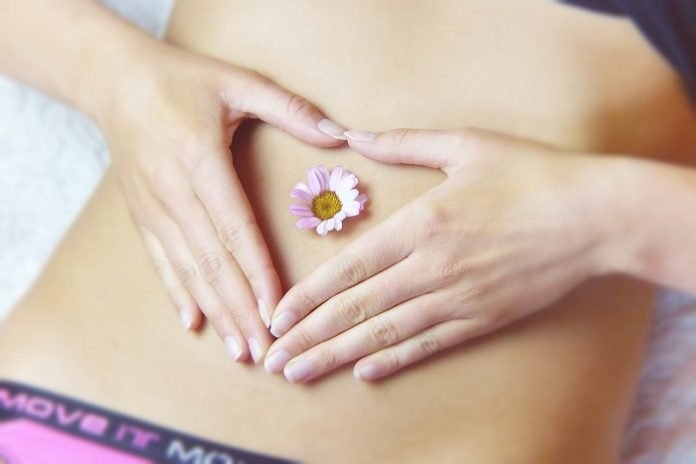
Constipation is an uncomfortable health condition many people experience in their daily life.
Although constipation is quite common, some people experience it more often, and for longer periods.
If the condition exists for more than six months, it can be called chronic constipation and may harm your health.
According to researchers from Western Sydney University, there are five things that may lead to constipation.
People need to pay attention to them to prevent the condition.
Dehydration
One big factor contributing to constipation is dehydration. Research has shown that human stools are made up of around 75% water.
A decrease in water content can increase the thickness of stool and make it hard to pass.
The amounts of water in our stool is regulated by the gut. To keep this function running normally, it is important to drink water regularly to prevent dehydration.
Low-fiber diet
It is known that foods high in fiber could help treat constipation. This is because fiber can hold onto water and thus soften hard stools.
When you eat a low-fiber diet, there will be less water in your stool.
A high-fiber diet can also reduce the colon transit time, which is the time it takes to digest food and poo out the waste.
Sedentary lifestyle
Research has shown that people who don’t have enough physical activity in daily life have a higher risk of constipation.
Some research has shown that aerobic exercise, like running, swimming, and cycling was helpful for constipation. But more research needs to be done.
Aging
Older people are more likely to have constipation than younger people.
This is because older people are more likely to have low-fiber diets, dehydration, sedentary lifestyle, chronic conditions, and drug use.
All of these factors may contribute to constipation.
Pregnancy and periods
Constipation is also more common in women due to pregnancy and periods. This may be related to the effects of the hormone progesterone.
In addition, changes in water absorption in the gut and an enlarging uterus may lead to drier stools.
Copyright © 2019 Knowridge Science Report. All rights reserved.



